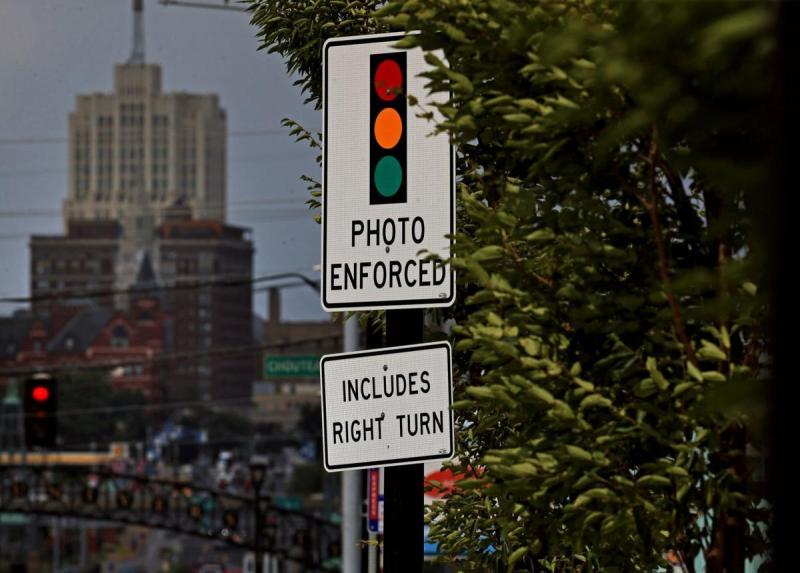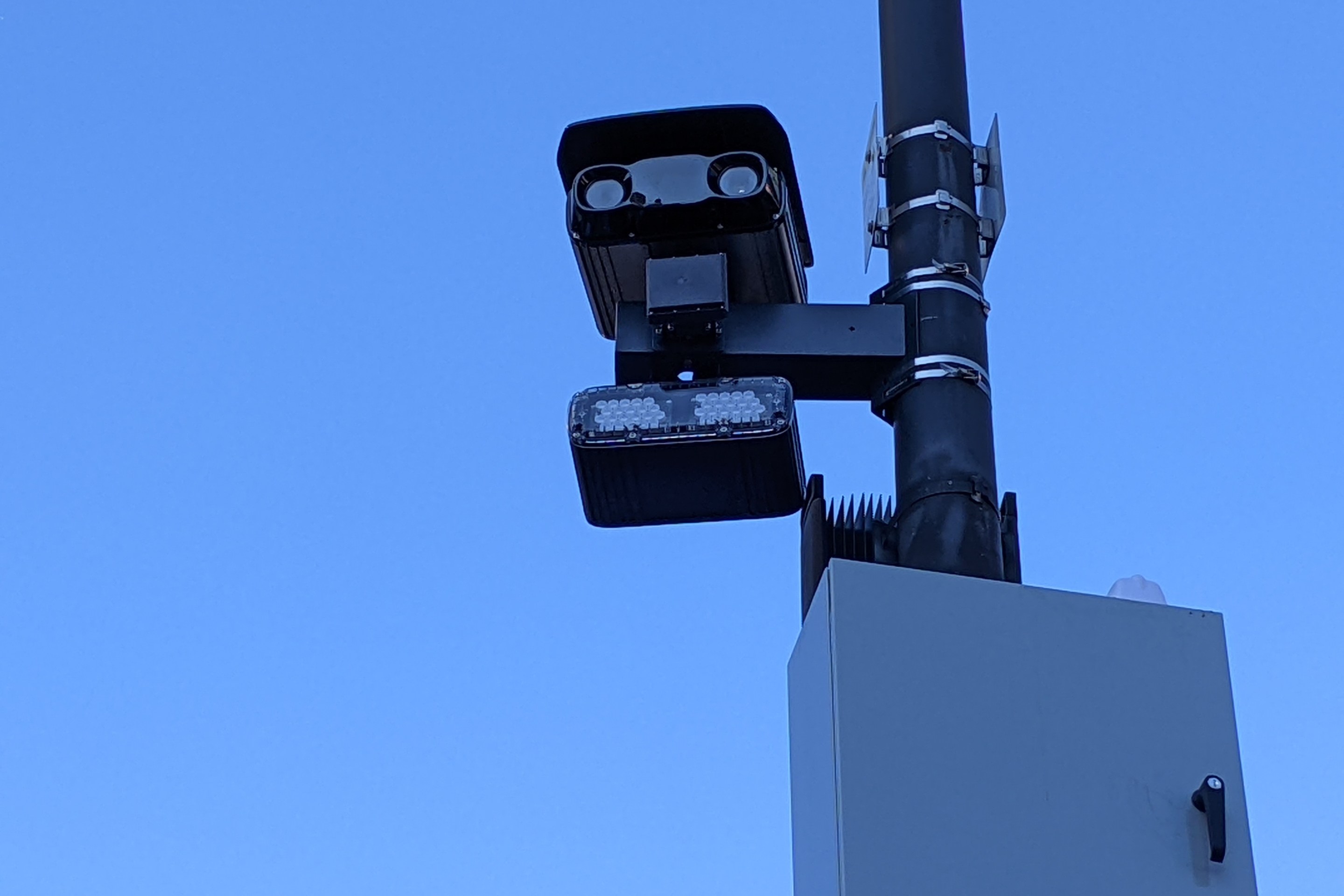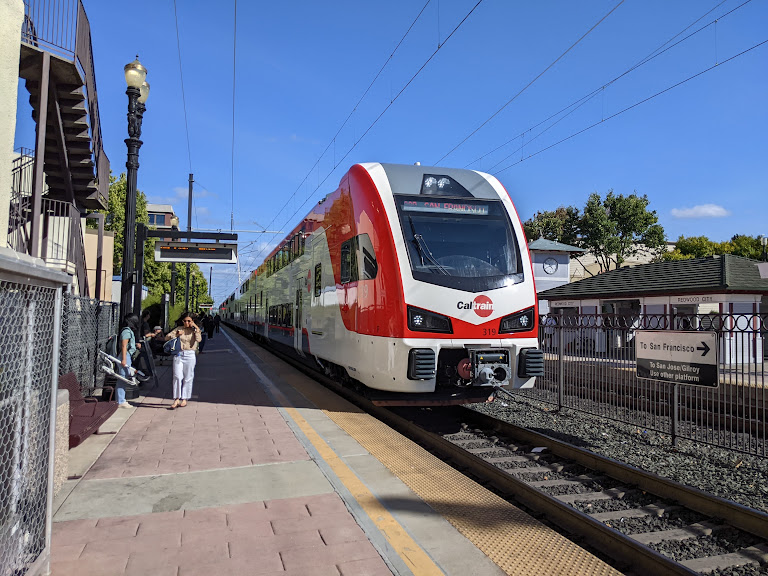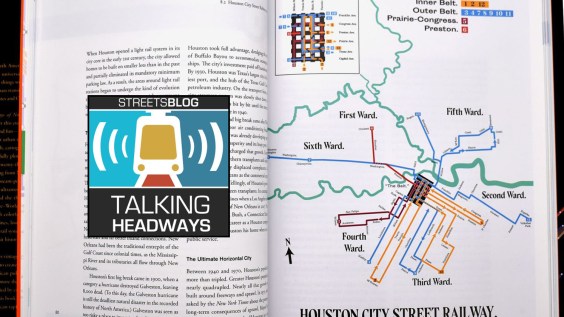Streetsblog Chicago staff have been invited to do occasional audio interviews on livable streets topics for the Los Angeles-based podcast Bike Talk. Last month I interviewed Oboi Reed, leader of the mobility justice nonprofit Equiticity, about the group’s 2021 activities, and efforts to prevent police from using zero-tolerance traffic enforcement as a pretext to conduct searches in communities of color.
In January University of Illinois at Chicago professors Dr. Stacey Sutton and Dr. Nebiyou Tilahoun released a city of Chicago-commissioned study titled “Red-Light and Speed Cameras: Analyzing the Equity and Efficacy of Chicago’s Automated Camera Enforcement Program.” The report looked at the effectiveness of speed cameras (a 2017 city-commissioned Northwestern University study had analyzed the effectiveness of red light cams), and found that between 2015 and 2017 speed cameras prevented more than 200 injury and fatality crashes.
Click the arrow below to listen to the podcast.
However, the UIC also found racial and ethnic disparities in the program, with the cameras recording higher numbers of violations by drivers from majority-African-American and Latino communities than other kinds of neighborhoods. While the authors found that the cameras aren’t concentrated in neighborhoods of color, potential contributing factors may range from the layouts of streets where the cameras are installed, to socioeconomic issues that may force Black and Brown Chicagoans who drive to spend more time behind the wheel than other motorists. Sutton and Tilahoun also found that the city’s fine and fee structure means that the tickets are impacting lower-income and more affluent residents in profoundly different ways.
A ProPublica report released on the same day as the UIC study had similar equity-related findings. These reports raise the question of exactly when disparities become inequities, and how Chicago should move forward from here. Should we reform the camera program, or abolish it?
During our conversation, the UIC researchers talked about these issues with me, as well as sharing the nitty-gritty of their methodology.






